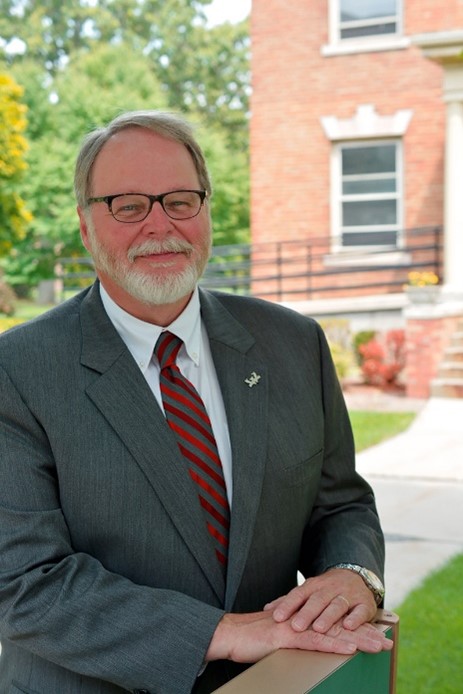
The 7th International Crisis Communication Conference is held between October 5 and October 7 (see invited confirmed speakers and program below). As part of the conference, we would like to invite all young scholars to apply for our pre-conference on October 4, a PhD Workshop jointly held by ECREA’s Crisis Communication Section and the Young Scholars Network (YECREA) (see information about programme and application process below).
For the final conference program, see below presentation of keynotes.
Keynote 1: “Misinformation, Missed Cues and Missed Opportunities in the Flint Water Crisis: Failures in Risk Perception, Warning and Enactment in the Pre-Crisis Stage”
Crises often follow failures in foresight, an inability to plan and think systematically about future scenarios to inform decision-making in the present. As the sociologist Barry Turner noted “in most cases of undesirable or catastrophic events, some forewarning is available potentially, and some avoiding action is possible.” Most disasters, floods, earthquakes, industrial accidents, hurricanes, and pandemics are predictable and warning signs, cues and risk signals are almost always present during the pre-crisis stage.
These signals are often difficult to interpret, weak and unclear, novel, spread among diverse groups with divergent interests and values, and easily ignored and misinterpreted. The meaning of these signals may only become clear after the fact. Commenting on the missed warnings before the Pearl Harbour attack, noted historian, Roberta Wohlstetter wrote, “After the event, of course, a signal is always crystal clear; we can now see what disaster it was signalling since the disaster has occurred. But before the event it is obscure and pregnant with conflicting meanings.”
The Flint, Michigan Water Crisis of 2014 is an exemplar for failures in foresight, missed warnings, ignored cues, discrimination, and marginalization of voices. The municipal water system for Flint, a city of over 80,000, was contaminated with lead and Legionella bacteria. Between 6,000 and 12,000 children were exposed to drinking water with high levels of lead, known to impair intellectual functioning and increase a variety of behavioural problems as well as the rate of Alzheimer's disease. The outbreak of Legionnaires disease killed at least 12 people and affected another 87, although these numbers are likely much higher.
Drawing on work by Nowling and Seeger (2020) this presentation examines the failures in foresight, missed signals, and ignored warnings during the pre-crisis stage. The crisis in Flint, Michigan, is used as a case study to understand how organizational foresight may be improved and disasters avoided.

Wayne State University, (Ph.D., 1982, Indiana University) is an international leading scholar in risk and crisis communication. His research concerns crisis and risk communication, health promotion and communication, crisis response and agency coordination, the role of media, including new media, crisis and communication ethics, failure of complex systems and post-crisis renewal.
His work on crisis, risk and communication has appeared in over 100 journal articles, book chapters and conference proceedings. Seeger is the author and co-author of ten books on crisis and risk communication. He is currently completing Best Practices in Crisis and Emergency Risk Communication. He has supervised over 40 doctoral dissertations in the areas of risk and crisis communication.
Keynote 2: "Cradle of white purity"; "Multicultural hellhole"; "Paradise-lost": The invocation of crisis narratives about Sweden in US far-right discourse
Sweden occupies an uneasy and, at first sight, paradoxical space in contemporary far-right discourse around the world, but perhaps most notably in the United States. Here, ideas about Sweden have long served as a central trope in the media discourse of far-right movements but today more than ever it seems to work as a particularly powerful ‘repository of myths, fantasies, and projections’ (Titley 2019). There is a peculiar duality at the heart of the discourses through which Sweden is currently being recruited for far-right political agendas in the US: On the one hand, the country is constructed as a utopia and "white sanctuary" and during the pandemic, as a stronghold of individual liberty and freedom to venerate and ally with. On the other hand, Sweden is also invoked as the epitome of failed multiculturalism, a dangerous, totalitarian feminism and anti-white ideology to resist and dismantle. In this sense, Sweden works as a powerful multivalent signifier that can be moulded for different ideological purposes.
How do we make sense of this contradictory invocation of Sweden across far-right discourse in the US? Where do these 'crisis narratives' sit on the spectrum of hyperpartisan news, propaganda, and disinformation? And what can we learn more generally about the directions of far-right mobilisations - about what ideas feed and fuel them - from understanding how Sweden-as-nation is imagined and weaponized at this critical juncture? In this talk, I direct attention towards the intricacies and contingencies of these crisis narratives about Sweden, and their specific functions in the ecosystem of far-right online media that fuel division, intolerance, and white supremacist violence in the US and beyond. The talk is based on ongoing work conducted at the Polarization and Extremism Research &
Innovation Lab (PERIL) at the American University in Washington D.C. as part of a Fulbright scholarship in the spring of 2023.
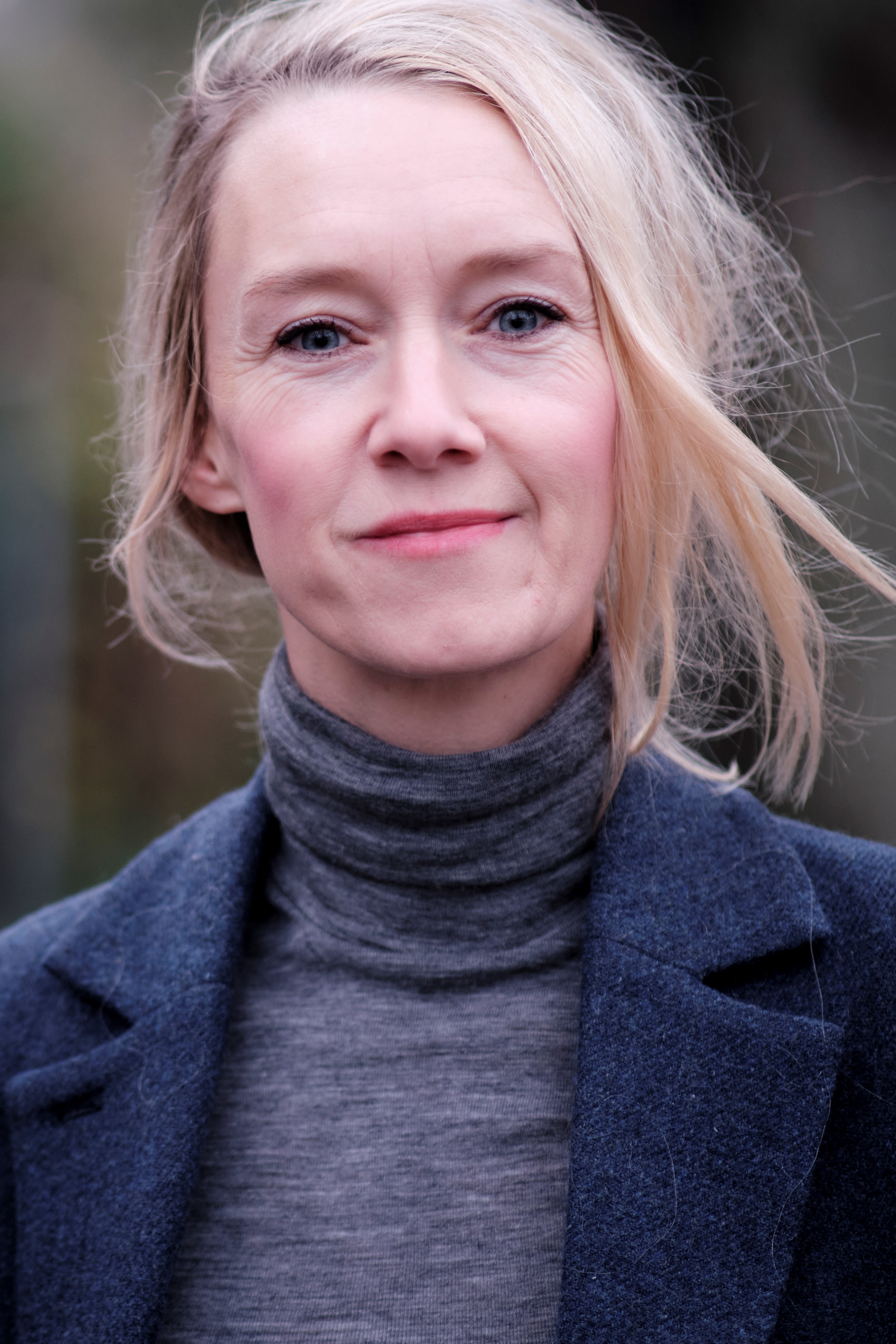
Tina Askanius is associate professor in media and communication studies at the School of Arts and Communication, Malmö University, and an affiliated researcher at the Institute for Futures Studies in Stockholm. Her work on far-right extremism and online media sits at the intersection of media and cultural studies and social movement studies. She has written extensively on the online media practices of far-right movements in Sweden, the role of media in the spread and normalization of far-right discourse in Scandinavia, and the discursive articulations of white supremacism and its links to male supremacism and new forms of violent misogyny.
KEYNOTE 3 and 4: Managing a disinformation campaign
In the beginning of 2022, the social services in Gothenburg received an increasing number of questions from the public, and especially from families with young children, regarding Swedish legislation and social welfare support directed at families and children.
The questions expressed a sense of insecurity and reluctance towards the social services among many families in the local community. Shortly after, the Swedish Psychological Defence Agency informed the administration of a widespread disinformation campaign targeting Sweden. The disinformation was channelled through both national and international social media platforms and mainly focused on falsely claiming that Muslim children and families were being systematically subjected to abuse by the Swedish public authorities.
Two keynotes will address this disinformation campaign from different perspectives, both from the Swedish Psychological Defence Agency and the local social services.
Keynote 3: Sweden’s Psychological Defence and the foreign malign influence campaign targeting social services and child protection.
Emma Luukka,
Swedish Psychological Defence Agency
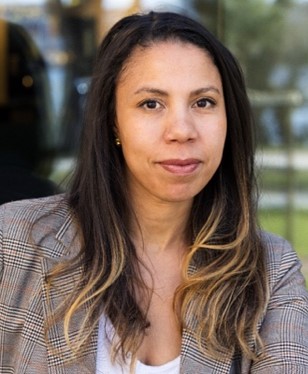
Emma Luukka
Emma Luukka is the Head of the Operational Response Unit at the Swedish Psychological Defence Agency. Previously she has held several managerial positions in communications at the agency Statistics Sweden. At the beginning of her career, Ms. Luukka worked as a statistician and economist.
Keynote 4: The disinformation campaign – reflections and take aways from the social services in Gothenburg
Lena Carlsson Ing-Marie Larsson
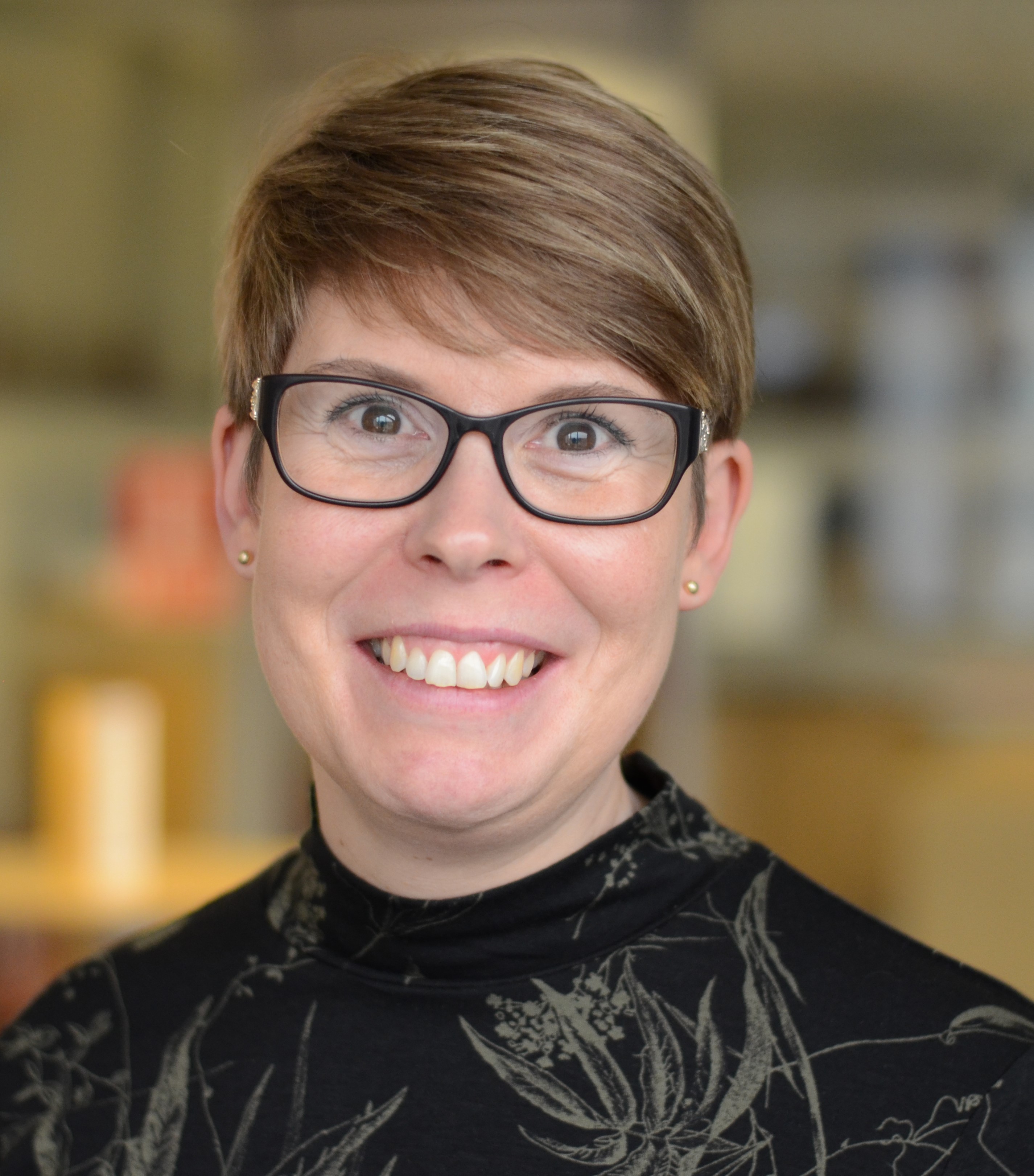
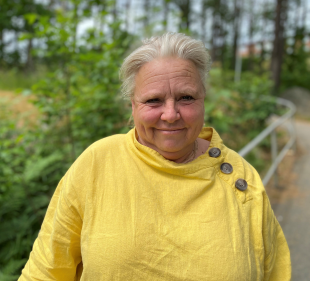
Lena Carlsson, acting Head of Communications and Ing-Marie Larsson, Senior Adviser from the Social Service Administration in Northeast Gothenburg, will share their experience regarding consequences of disinformation and the effect it has had on both administration and the local community. They will share experiences from steps taken to regain trust within the local community for the administration’s support and service.
Ing-Marie Larsson has long-standing experience in the field of social services and of working in partnership with local community representatives. In her role as Communications Manager and Officer, Lena Carlsson has extensive experience of communications.
Participation in the pre-conference is free of charge and will take place at the University of Gothenburg in Sweden, at the Department of Journalism Media and Communication (JMG). Note that the workshop is organized on-site, and it is not possible to participate in it online.
Key Dates:
June 15– Deadline for submission
June 22 – Notification of decisions
October 4 – PhD Workshop
The pre-conference is divided into two separate parts: one workshop and one feedback session.
Some of our confirmed senior respondents are Florian Meissner (Macromedia University of Applied Sciences, Germany), Yijing Wang (Erasmus University Rotterdam, Netherlands), Daniel Vogler (University of Zurich, Switzerland) and Bengt Johansson (University of Gothenburg, Sweden). The final list will be announced closer to the workshop.
To apply for the workshop, please prepare and submit the following two documents:
1. An extended abstract of up to 500 words outlining your project (references excluded). Please think of key elements such as your research problem, theoretical foundation, research question(s), methodology, and (preliminary) findings.
2. A short letter of motivation stating why you would like to participate, and which questions you would like to see addressed in the feedback session, with a special focus on your methodology. This letter should also mention the name of your doctoral advisor, the year of PhD you are in, and whether your project will turn into a monograph or (nb. of) papers.
The documents must be submitted to Heini Ruohonen (heini.ruohonen@abo.fi) by May 15, 2023. Note that by applying you are signing up for both parts of the day.
The Crisis and Risk Communication Section Management Team will select the applications according to standards of academic quality like theoretical foundation, stringency, and originality.
There is no need to be a member of the Crisis Communication Section to apply, but please note that the capacity of the workshop is limited.
If you have any questions, please do not hesitate to contact the Crisis Communication Section YECREA’s representative, Heini Ruohonen, at heini.ruohonen@abo.fi or Sofia Johansson, responsible for the organization of the pre-conference at JMG, at sofiajohansson@jmg.gu.se.
Contact us:
ECREA Crisis7 Local organisation
crisis7@jmg.gu.se